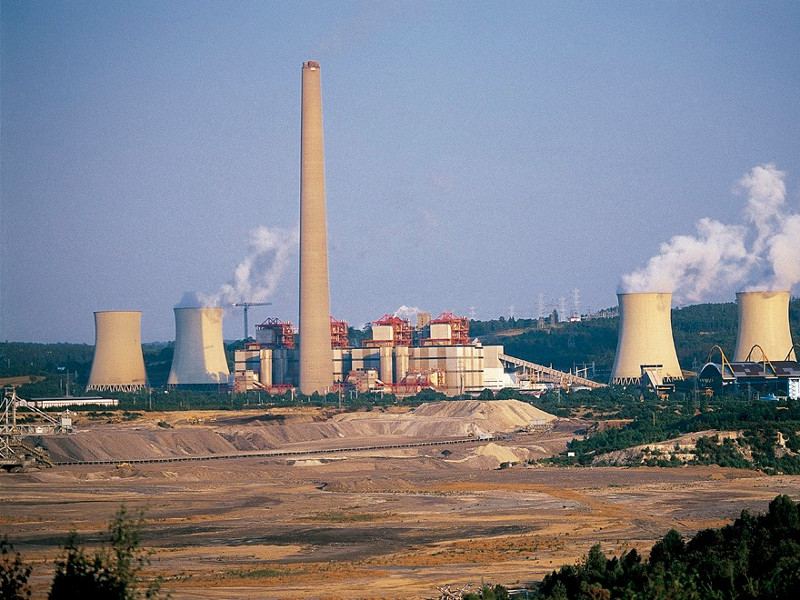Report
Spanish coal plants shut down, saying the economics aren’t worth it
Since 2018, the price of CO2 in the EU market has risen sharply, reaching a record €30 per ton in 2019, which has made it no longer profitable for large companies.

More than six months after the COP25 climate conference in Madrid, Spain is making a leap forward in reducing greenhouse gas emissions. As of this week, as many as seven coal-fired thermal power plants are in the process of shutting down, almost half of the 15 active in the country.
The rapid closure of the coal-fired thermal power stations was requested by the operating companies, and was not a government decision. It was motivated by a combination of economic reasons and new Community policies. European regulations require an expensive modernization of coal-fired plants to make them less polluting, and on top of this, there is the increase in costs for companies emitting CO2 under the European Emissions Trading Scheme (ETS). Since 2018, the price of CO2 in the EU market has risen sharply, reaching a record €30 per ton in 2019, which has made it no longer profitable for large companies to pay this high indirect tax on their carbon dioxide emissions.
These closures were also affected by the lowering of the price of gas, especially in a country like Spain, where the many combined cycle power plants using this type of fuel (with lower carbon emissions) are making a quick farewell to coal feasible. They also have to do with the fact that renewable energies are becoming more and more affordable, a process that has been going on for years. The Endesa company spoke of “profound changes in the market” to motivate its decision of mass closures, and the same decision to shut down power plants was taken by other companies such as Iberdrola. Other power plants will close in the coming months, and it is believed that there will be no more active coal power stations by 2025. The Spanish media has highlighted the speed with which these closures have taken place.
Now, the focus is shifting to the problem of jobs. According to the newspaper El País, 2,400 people are employed at the power stations that are shutting down, including the related industries. The conversion of these thermal power stations is being considered, as was proposed for Teruel, where a 50 MW solar energy park is set to be built. The conversion into renewable parks gives hope for the future to the workers employed in these areas. In this regard, the Sánchez government has asked the companies to submit conversion projects that would provide employment.
More encouraging news has come these days regarding reductions in carbon dioxide and other greenhouse gases. The Ministry for the Ecological Transition, a portfolio established in June 2018 by the first Sánchez government, has approved a legislative decree with urgent measures to facilitate the large-scale installation of renewable energy, pushing towards a 100% renewable electricity system.
In January—as we covered in the pages of il manifesto—a large green plan for 2020 was announced by the government on the day a climate emergency was declared. Spain had just hosted the COP25 in Madrid, and as in the rest of Europe, the Fridays for Future movement had grown on the local level, which on Dec. 6, had brought hundreds of thousands of people to the streets of Madrid with Swedish activist Greta Thunberg, calling for courageous measures to tackle the climate crisis. Then, the coronavirus crisis pushed those issues into the background.
The push by the climate movements during the previous months has not yet translated into greater support for the country’s Green political parties, which command very limited support. While on Tuesday, in neighboring France, one saw major successes by the Greens in the local elections, in Spain the only Green party at the national level is Equo, whose results have been little encouraging so far. Until 2019, this small party took part in elections as part of the Unidos Podemos list, but for the general elections of Nov. 10, it decided to join the new party born from a split in Podemos, Màs Paìs, which is not part of the current government. At the regional elections on July 12 in the Basque Country and Galicia, Equo will again run alone.
Originally published at https://ilmanifesto.it/spagna-il-carbone-non-conviene-da-oggi-fuochi-spenti-in-sette-centrali/ on 2020-06-30
